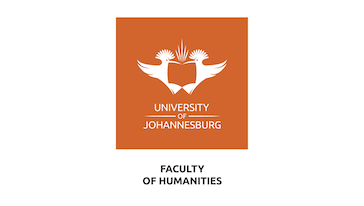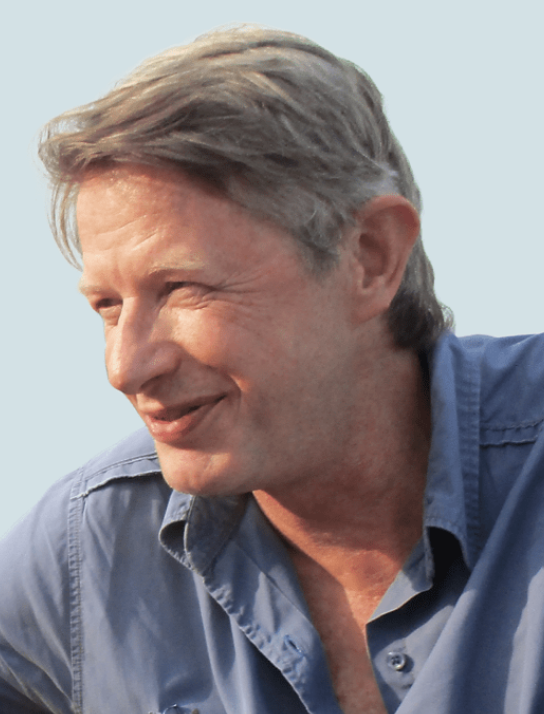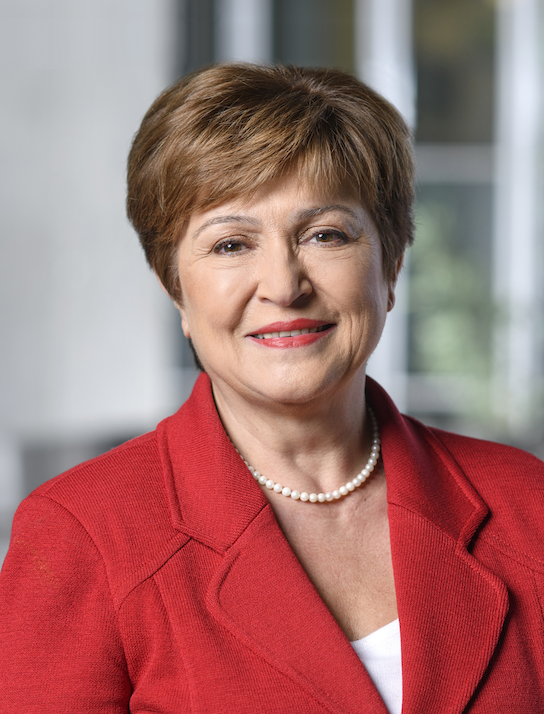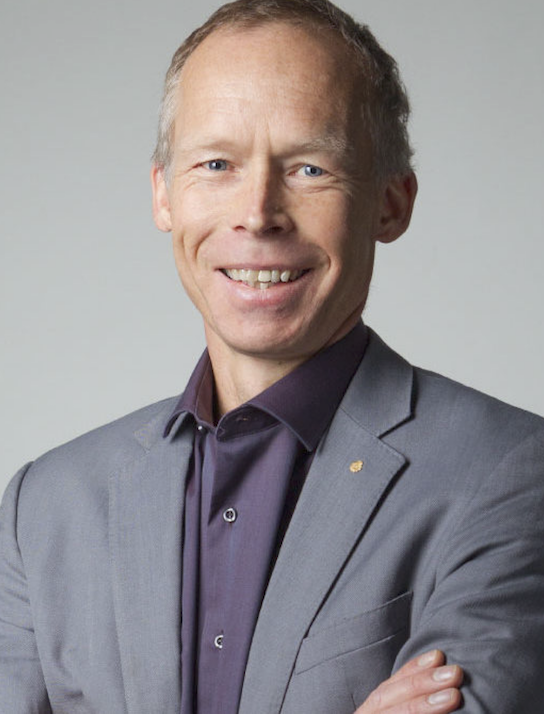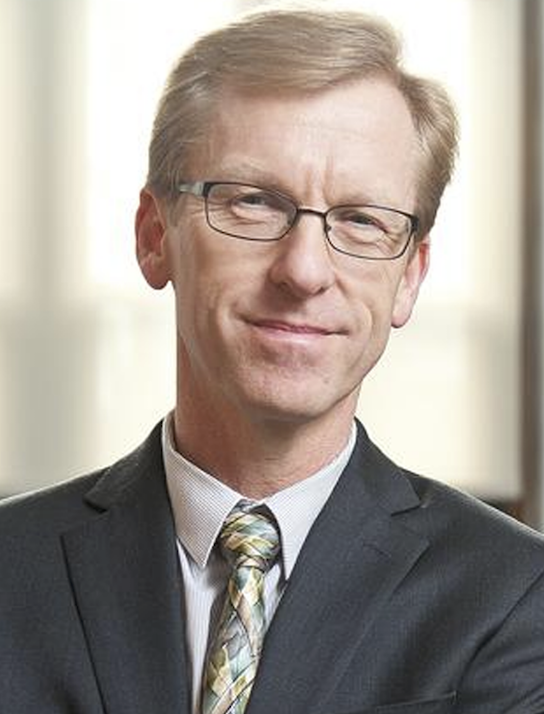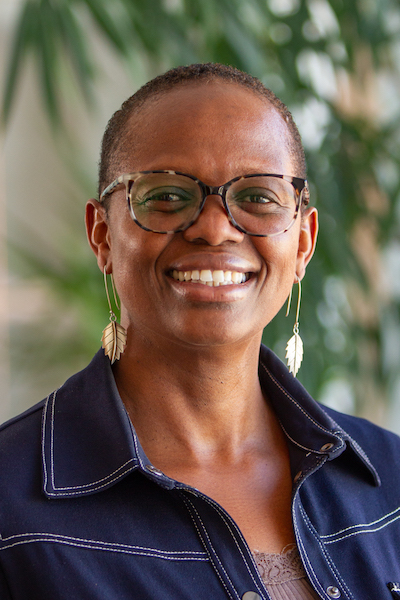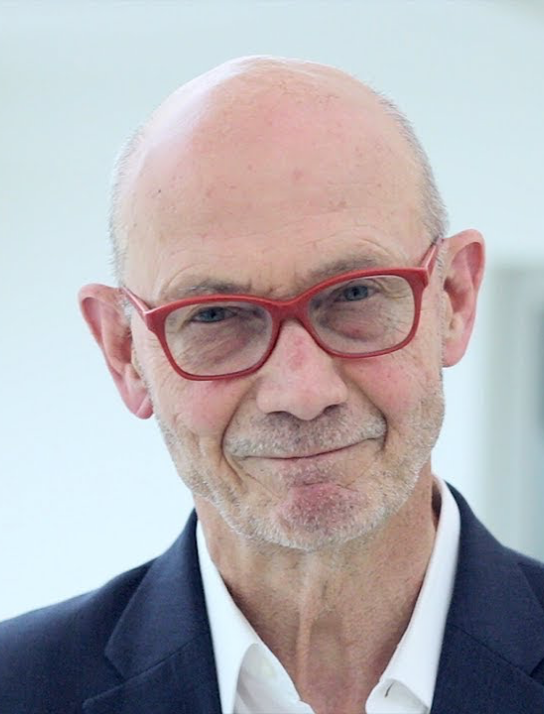An activist movement and ideological approach known as Climate Justice, or „CJ” has emerged over the last two decades. Its standpoints diverge, often dramatically, from the dominant climate action approach, from both its ecological-modernisation grounding and especially from ongoing global (UN and bilateral) policy negotiations.
Conflicts include CJ demands for 1) deep greenhouse gas reductions (mandatory not voluntary, fairly distributed and with accountability, and urgently applicable to the military, shipping and airline industries); 2) a far deeper, wider-ranging and more graceful „just transition”; 3) the redress of social injustices and empowerment of oppressed constituencies; 4) management of green technology as a global public good (including IP waivers and rejection of dangerous 'false solutions’); 5) the need to leave fossil fuels underground and underwater (with accompanying accounting revaluations); and 6) the appropriate financing of planetary and social survival (recognising climate and other ecological reparations, but rejecting the 'privatisation of the air’ and new debt burdens). There have been, since the early 2000s, changes in the articulation of such principles, in the ways CJ analyses have emerged and in approaches to strategies and tactics. Alliances have been forged at different scales, from local 'Blockadia’ to global protest – all in search of a just alternative to the mainstream institutions’ and governments’ sleep-walking towards climate catastrophe.
Where has Climate Justice come from and where is it going?
When: 21st September 2022 at 14:00 SAST (&CET) / 12:00 GMT
Where: University of Johannesburg, Protea Auditorium at School of Hospitality (STH) the Bunting Road Campus of the University, 57 Bunting Rd, Cottesloe & online
You can join the lecture by:
- coming to the event
- coming to the online event on Zoom – register here
- following livestreaming from the event at kapuscinskilectures.eu
- asking your questions to Patrick Bond via Zoom or Twitter using #KAPTalks hashtag
